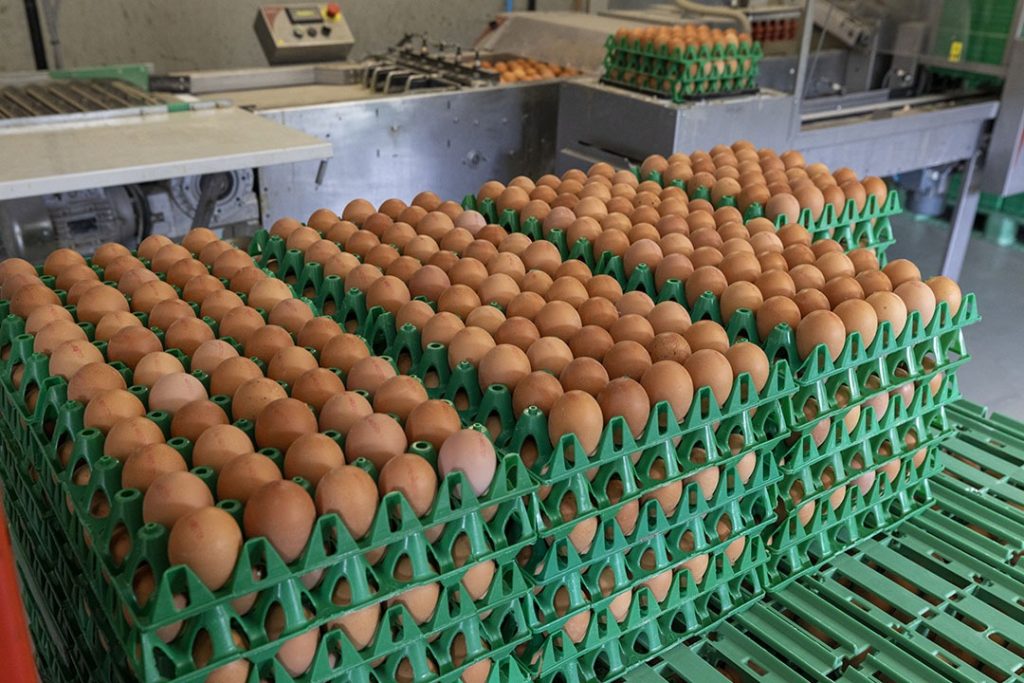
Egg traders in Accra are raising concerns that rising poultry feed costs are undermining the benefits of what farmers describe as record-high egg production. Despite claims of a glut, prices remain elevated, with crates of eggs currently selling between GHC 65 and GHC 70, compared to GHC 40 in previous years.
At the Lapaz and Mallam markets, traders explained that the cost of inputs continues to squeeze margins, leaving both farmers and sellers struggling to balance affordability for consumers with their own survival.

Elizabeth Nuertey, a wholesaler at Lapaz, noted that lowering feed prices is critical to sustaining demand. “Farmers also depend on eggs to feed their birds. If sales are low, we traders won’t have enough money to buy more eggs, which in turn affects farmers who rely on those sales to purchase feed. We therefore urge authorities to intervene and help reduce the cost of poultry feed. This would enable farmers to lower prices for us,” she said.
She explained that her margins have become slimmer in recent months. “When I started this business as a wholesaler, a crate of eggs cost GHC 55. At the farm gate, we usually add only about GHC 2 as profit, plus transportation costs. For direct consumers, a crate sells for around GHC 60. But now, prices are pushing beyond GHC 65, and customers are complaining.”
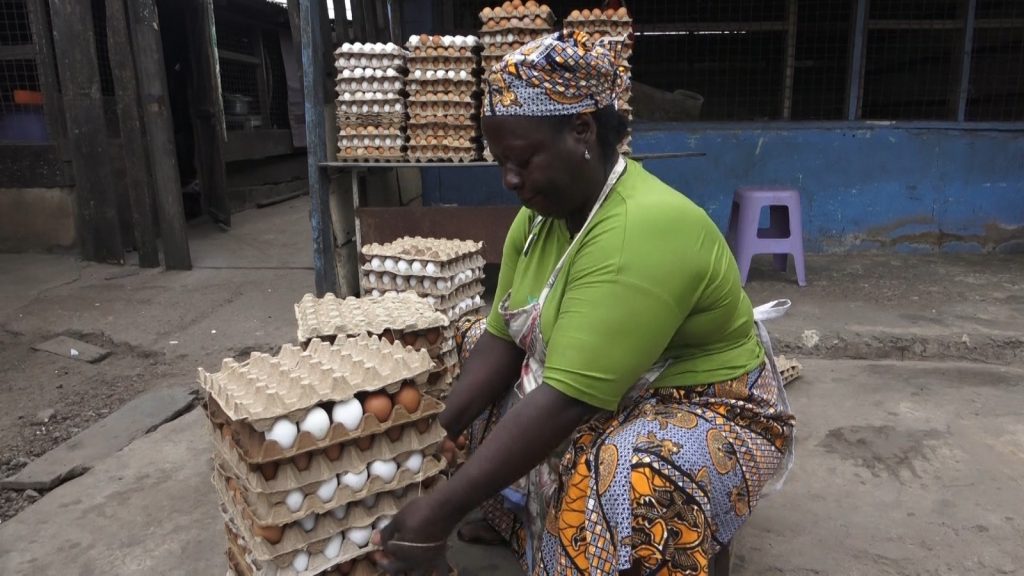
At the Mallam market, another trader, Sarah Tetteh, dismissed claims of oversupply, insisting instead that weak sales are behind the market slowdown. “There is no glut in egg production. The real issue is that sales are discouraging, and it’s only by the grace of God that we are able to sell at all. Prices are very high now—a crate costs between GHC 65 and GHC 70. In previous years, we used to sell a crate for about GHC 40, but that is no longer the case,” she lamented.
Meanwhile, poultry farmers argue that the challenge lies not in production levels but in market dynamics. The CEO of the Greater Accra Poultry Farmers Association, Ali Muhammed, disclosed that farmgate prices have actually dropped in recent weeks.
“We try to sensitise those who pick eggs from the farm gate to adjust their pricing, but post-market surveys show they are not responding. It’s taking a toll because farmers are realising that patronage has fallen,” he explained. Muhammed added that inadequate storage facilities are compounding the problem, particularly for smallholder farmers who lack refrigeration systems to preserve eggs during periods of sluggish sales.
Industry experts warn that without urgent interventions to stabilise feed prices and enforce fair pricing practices, the market could face a ripple effect—where both farmers and traders struggle to sustain their businesses, and consumers continue to bear the brunt of high food costs.

































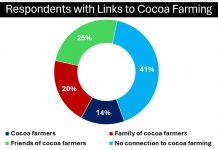






















![[FREE FREE MONEY] Predict and Win a Guaranteed GH¢200 From Us EVERY WEEK](https://wordpress.ghanatalksradio.com/wp-content/uploads/2022/02/Predict-and-Win-Final-09-03-2021-218x150.jpg)
![[Predict & Win – 8th/Oct.] WIN A Guaranteed ¢200 From Us This Week](https://wordpress.ghanatalksradio.com/wp-content/uploads/2021/10/maxresdefault-16-218x150.jpg)
![[Predict & Win – 2nd] WIN A Guaranteed ¢200 From Us This Week](https://wordpress.ghanatalksradio.com/wp-content/uploads/2021/09/maxresdefault-50-218x150.jpg)
![[Predict & Win – 25th] WIN A Guaranteed ¢200 From Us This Week](https://wordpress.ghanatalksradio.com/wp-content/uploads/2021/09/maxresdefault-36-218x150.jpg)
![[Predict & Win – 18th] WIN A Guaranteed ¢200 From Us This Week](https://wordpress.ghanatalksradio.com/wp-content/uploads/2021/09/maxresdefault-23-218x150.jpg)
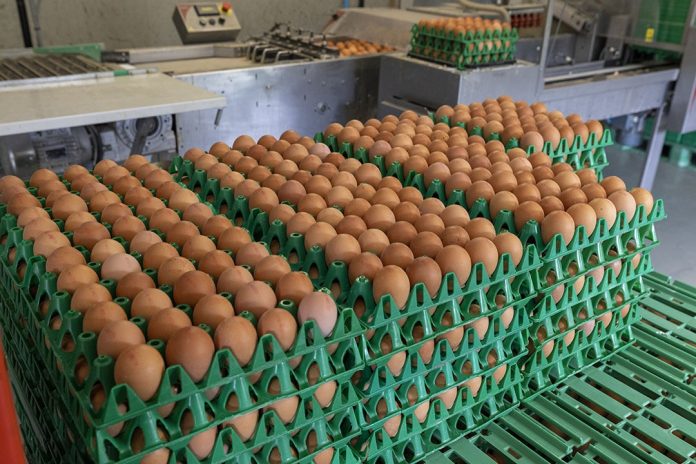





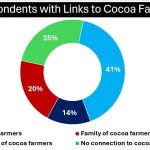





![[National cathedral] See full list of churches that have contributed since 2018](https://wordpress.ghanatalksradio.com/wp-content/uploads/2020/09/Ghana-National-Cathedral-GhanaTalksRadio-100x70.jpg)



